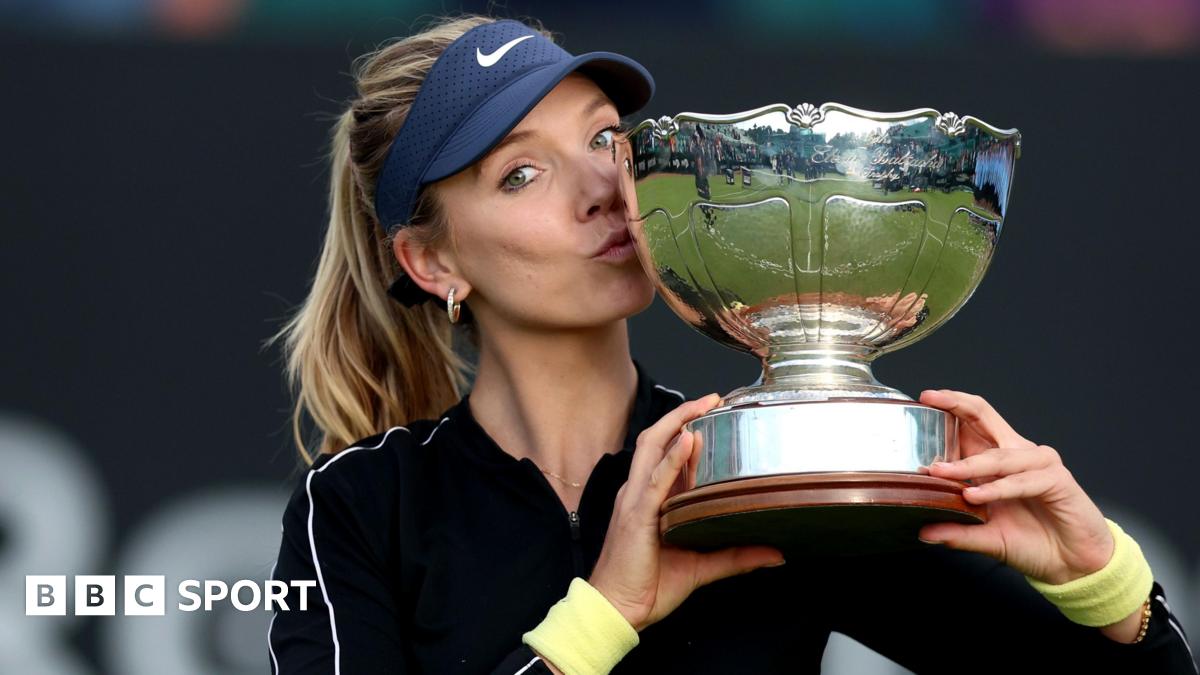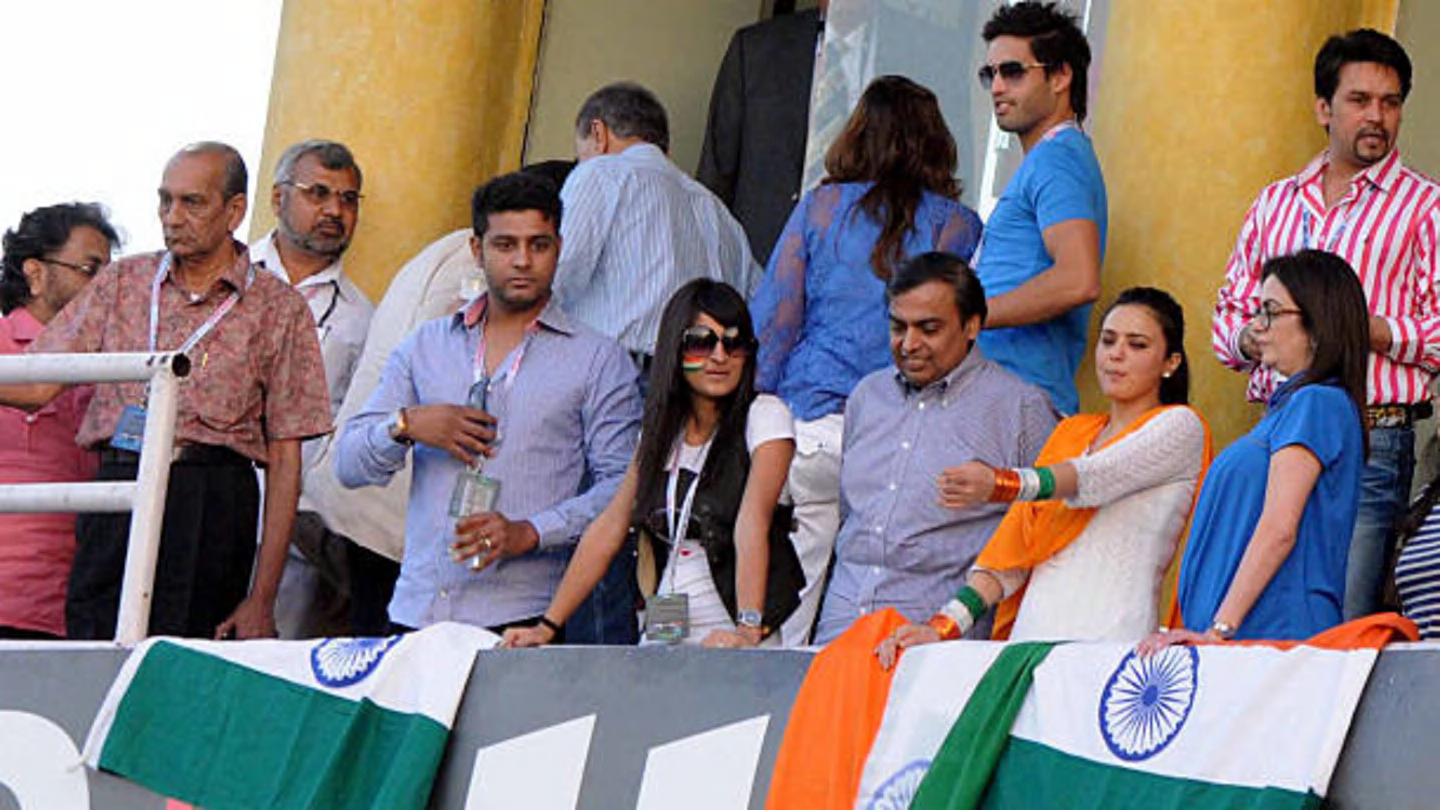Coco Gauff snaps top-50 losing streak at U.S. Open to move into fourth round

NEW YORK — Coco Gauff needed this.
When you have lost your last five matches against top-50 opponents, you take a win however it comes. You certainly take a win at the U.S. Open on Arthur Ashe Stadium to secure a place in the fourth round at your home Grand Slam. Friday lunchtime, the world No. 3 took that win, coming from a set down to beat Elina Svitolina 3-6, 6-3, 6-3.
Svitolina, the Ukrainian No. 27 seed, is exactly the kind of opponent that a player with no top-50 wins in five attempts would want to avoid. In the years since Russia’s invasion of her home country and the birth of her daughter, Skai, steel and surety have become the defining features of her game. Gauff has struggled for those qualities lately, but this win is a reminder of the resolve that makes her the defending champion in New York.
Gauff acknowledged her lack of form coming into the tournament but said she was unaware of her losing streak against the top players in the world. Records like that don’t go unnoticed in the locker room, and to her rivals, Gauff came across vulnerable. Tatjana Maria, world No. 99, walked onto Arthur Ashe believing that she could beat Gauff with a serve and a slice. She wanted to let the American generate her own pace and lift on the ball, and in turn make errors. It worked, for a set, which Gauff willed her way through. By the second one, she had figured out that Maria wasn’t going to hurt her. She won it 6-0. Afterward, she said she had expected some slice, about 70 times out of 100. Less so 99.
Coco Gauff’s forehand is a weak point in her game, but it won her crucial points against Elina Svitolina. (Timothy A. Clary / AFP via Getty Images)
Against Svitolina, she produced a performance that will fuel both the skeptics and the believers. Gauff’s forehand, a known weakness on the WTA Tour, looked vulnerable for large parts of the match, as did her backhand in the first set. Her phenomenal defensive skills and fighting spirit were able to negate some of that vulnerability, but the believers will have taken more notice of how that forehand earned her the points that took her to victory.
Gauff spent long periods of the first set running her forehand to hit inside-out backhands. Doing so led her to hit a fairly routine groundstroke into the net when up break point at 3-3, and Svitolina promptly broke her serve in the next game. In an epic 37-shot rally at the start of the decider, Gauff might have been better off hitting a drive volley on the forehand side than the backhand side. She won the point but might have done so with a lot less stress.
The more reliable backhand faltered, too, to the extent that she went to practice that shot, and her serve, after the match was over. It was a couple of backhands that slumped into the net to give up the decisive break in the first set.
After the match, Gauff said in her on-court interview that she tried to be more aggressive from that point. From the moment she fended off a couple of points at 2-2 that would have left her down a set and a break, she raised her level and powered for the finish line — fueled in part by memories of her comeback victories here last year.
Svitolina agreed.
“I feel like she started to to go (for it) more a little bit,” she said in her post-match news conference.
That aggression enabled Gauff to shorten and dominate the points in the deciding set.
Gauff and Svitolina were almost neck-and-neck in rallies of 0-4 shots in the first two sets (37-36 in Gauff’s favour). In the third, Gauff overwhelmed Svitolina, 22-11 on rallies won. She also started to win the longer rallies from the second set onward, having trailed in the first set by a fair distance. An ongoing ankle injury didn’t help Svitolina, but she paid tribute to Gauff’s durability.

Elina Svitolina, the No. 27 seed, could not capitalize on winning the first set. (Robert Deutsch / USA Today)
“It’s quite obvious that she gets a lot of balls back,” she said.
This wasn’t just about digging in. Gauff belatedly started to feel the ball, and it was two consecutive winners on the otherwise loose forehand side that changed the momentum of the match. Her serve was also more of a weapon in the third set, only failing her when serving for the match. She broke Svitolina to end it instead.
Up next for Gauff is Emma Navarro, who knocked her out of Wimbledon earlier this summer. In that match, Navarro’s use of slice and changes of pace discombobulated Gauff, who gestured angrily to her box and coach Brad Gilbert, asking them to “give (me) something” that didn’t come.
“With Emma, I feel like that match at Wimbledon I think I mentally just literally collapsed on the court,” Gauff said Friday.
“Going into this match, I have to expect her to play her best tennis, and I need to bring it and mentally be there from the beginning to the end because she’s going to be a tough opponent.”
Gauff hasn’t been at her best against those tough opponents recently, at least judging by ranking. But she was good enough to beat one in Svitolina to continue her U.S. Open defense. It’ll be all tough opponents from here on in, but Gauff feels prepared now.
“I’m glad that I had this match because I think it just makes me match-tough and gets me ready probably for future challenges,” she said.
Gauff needed this.
(Top photo: Robert Prange / Getty Images)
Related
He produced one of the biggest Wimbledon shocks ever and…
Pete Sampras losing at Wimbledon proved extremely rare over the course of his career. In fact, Pistol Pete was only overcome on seven occasions at SW19 as he c
How long it could take Carlos Alcaraz and Jannik Sinner…
Carlos Alcaraz and Jannik Sinner proved themselves to be the two top stars on the ATP Tour in 2024.Tennis fans spent years watching Novak Djokovic, Rafael Nada
How Jack Draper, Katie Boulter, Henry Patten & Alfie Hewett…
The task for British tennis is developing the next generation of talent and avoiding another 35-year wait for a Grand Slam singles champion.The performances of
Rohan Bopanna interview: ‘Surprised by Matthew Ebden’s decision’ | Tennis…
Rohan Bopanna returns the ball during the ATP World Tour Finals in Turin, Italy. (AP) At the start of the year Rohan Bopanna gave himself the best pre-44th bir













